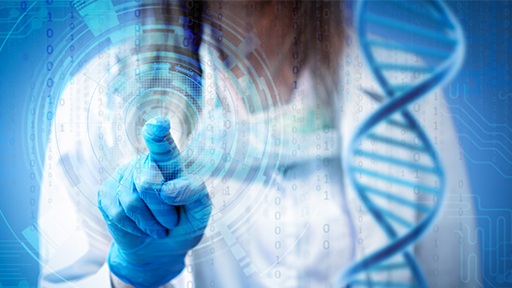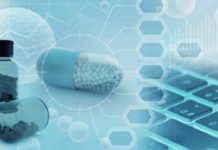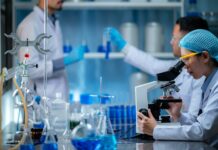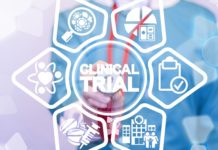Few weeks have passed between the day I have been in contact with World Pharma Today to prepare this article and the date of the submission.
In just few weeks the world has dramatically changed. Working from home as about a billion of people around the globe, in a small village close to Milano in Italy, I have prepared this article with the initial intention to speak about scientific data management to support quality processes.
More than ever, scientific data are of critical value to help us resolving a dramatic situation that the world has not faced for generations.
I have thought about what has happened in just few days and I have realized that there are key elements in the entire chain that can make the difference between life and death during these days. I don’t want to diminish the value of other aspects yet I believe that the importance of the first screening performed by doctors and the process to handle the thousands of patients when they enter into the hospitals are making the difference. At the center of this process there is a laboratory. The ability to handle the samples entering the labs, to perform complex analysis and provide the very simple result, “POSITIVE” or “NEGATIVE”,as quickly as humanly possible drives a lot of decisions at many levels within the health system and the society.

In several occasions we have commented about the difficulties that laboratories are having to demonstrate their critical importance to support a lot of business activities. Nowadays, the laboratories are the key for saving lives. Therefore, data management becomes even more critical: automation, rapid transfer of information, rapid decisions, availability of information at all levels in the shortest period of time are key success factors in a “war”, as it has been named already by several people.
We have presented in various occasions the importance of digital transformation, we have discussed many times about IoLT (Internet of Lab Things), we have spoken of the critical importance of connecting equipments to transfer data without manual errors, reducing the paper processes.
All of this can be easily visualize now if we think about the doctors working in the first aid rooms, waiting for the laboratory result to move forward the activities in the hospitals.
Let’s think about the fact that many people are obliged to work from home to reduce the possibilities of infection. The digital transformation is the key factor to allow this people to continue their activities and provide the required results even if they are physically far from the laboratories.
The entire humanity is asking for a solution, either a cure or a vaccine. A lot of times the question is “WHEN”. Years are necessary to perform the required tests to ensure that a medical product can be released in the market. How can we reduce a timespan of decades to few months? The data management and the related processing are critical to ensure that the required information are provided to the regulatory bodies to allow the use of the products.
Looking at this scenario, I am impressed by the ability of the scientist to perform the experiment, the creativity to see the possibility to use certain drugs to mitigate the clinical implications of the disease. At the same time, I also see the importance of using the data accumulated in several years to analyze different scenarios and design the experiments
When this terrible period will be over and will become part of our common experience, it will be clear that digital transformation is not just a slogan. It is the only way to provide the required information in the shortest period of time. The ability to use the information in any location will be the difference between a good application and an old technology. The removal of paper based processes will be the difference between allowing people to work remotely or force them to move continuously between places.
Monitoring sensors and devices from home will allow people to control the systems and avoid spreading the infections at the same time.
Difficulties have always helped our community to learn. I believe that the amount of lessons we have learnt this time is huge. One of them is that data transfer is part of the strategic assets of our humanity. We may have heard about this already. In the last days, we have touched it in the reality. We should have learned that remote activities are absolutely possible and the use of the right technologies will allow quality departments to function properly even if the technicians are not physically present. We have realized in just few days the importance of laboratories. The binary response “0/1”, “NEGATIVE/POSITIVE” is the end result of a complex process that can be automated to move the decision process quickly.
All pharma companies should use this experience to stimulate the right investments for the quality departments. It will be the difference between living in the new world created by this pandemic or stay in the old one
About Roberto Castelnovo

I have a University degree in Computer Science from Milan University.
I have worked almost thirty years in the area of laboratory information management. I had the opportunity to work for several years in multi-cultural and global environments, spending a large portion of my time travelling throughout Europe, Middle East, Africa, Asia and United States.
I have also covered for five years the role of European Sales Director of the forensic Business Unit of the company I have worked for.
I had continuous interactions with the Senior Management of the company both at European and global level.
In 2013, I have founded the consulting firm NL42 (www.nl42.com) with Isabel Muñoz. We provide specialized services dedicated to paperless projects, specifically focused in the areas of operations, quality assurance and quality control.
In 2016, NL42 has acquired the rights of the International Event Paperless Lab Academy which takes place yearly in different European locations. For more information www.paperlesslabacademy.com.




















